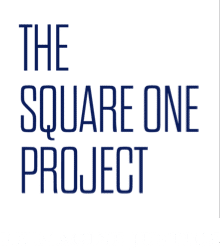May 2021 | Executive Session on the Future of Justice Policy The Power of Parsimony
Overview
As our country comes to terms with the damage caused by our excessive reliance on punishment as a response to crime, the use of the criminal law to sustain racial hierarchies, and the ways the justice system has undermined our democracy and weakened communities, we must ask: what principles should guide this fundamental reexamination of a seemingly immovable status quo?
The principle of parsimony can serve as a powerful tool for interrogating the current operations of the U.S. criminal justice system. Under the classic definition of parsimony in traditional social contract theory, the state is only authorized to exercise the lightest intrusion into a person’s liberty interest that is necessary to achieve a legitimate social purpose. Any intrusion beyond what is necessary is inherently illegitimate and may even constitute state violence.
Authors

Daryl Atkinson Forward Justice

Jeremy Travis Arnold Ventures
Daryl Atkinson and Jeremy Travis on Parsimony and Reimagining Justice
In this video, Daryl Atkinson and Jeremy Travis define parsimony and explore what applying this principle could look like to help reimagine justice to center human dignity and healing.
A two-pronged parsimony analysis can help us re-examine the current operations of the U.S. criminal justice system
1. Does the limitation on liberty serve a “legitimate social purpose”?
2. If so, is the specific liberty deprivation
“reasonably necessary” to achieve that purpose?
